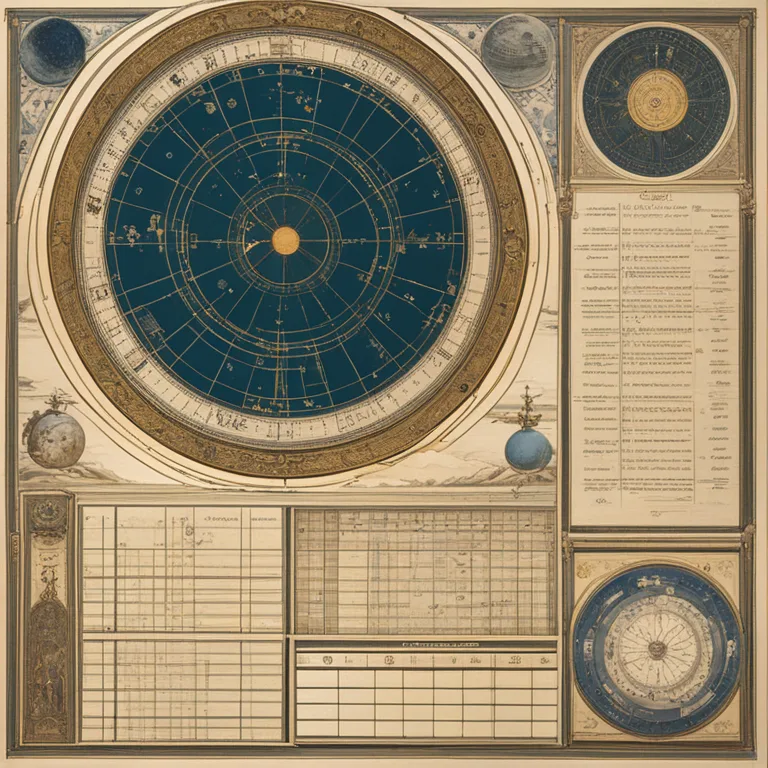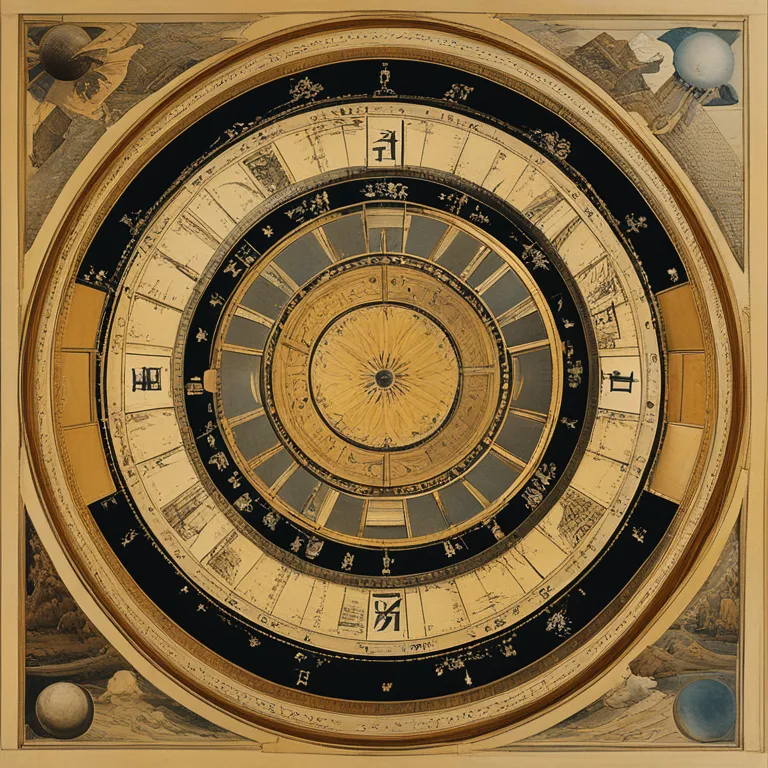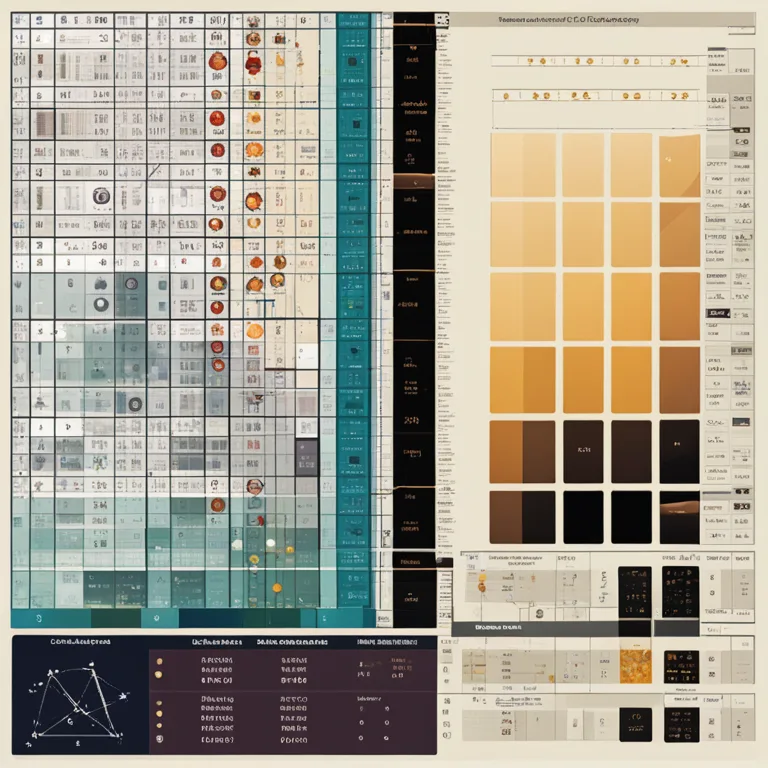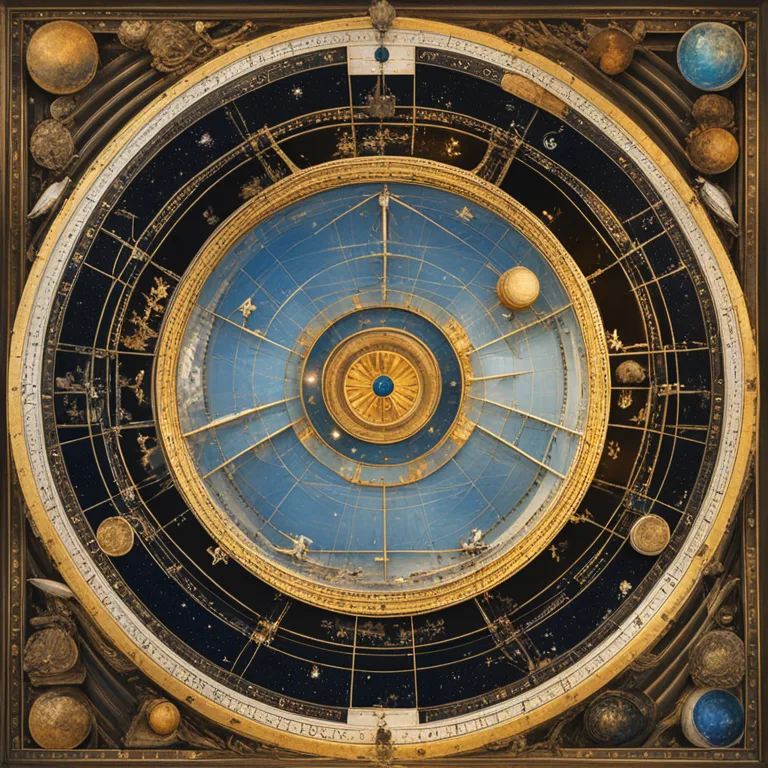
Astrology: Is It A True Science?
Delve into the contentious debate on whether astrology holds a place within the scientific realm.
article by Priya Deshmukh
The Historical Roots of Astrology
Astrology has been practiced for thousands of years, with roots that trace back to ancient civilizations. It was traditionally considered a scholarly tradition and was common in academic circles, often relied upon by political and spiritual leaders for guidance. To understand astrology’s claim to scientific significance, it is essential to discern its long-standing historical presence and its integration into ancient societies that prized it alongside emergent astronomical discoveries. Astrology's foundational principles have evolved since, intertwining with cultures and knowledge across eras, reflecting humanity's deep-seated quest for meaning in the stars.

Science and Symbolism
Astrology operates on the premise that celestial bodies have a direct impact on human lives. Critics argue that astrology lacks empirical support and reproducibility, fundamental criteria for a discipline to be considered scientific. Defenders, however, point to the subject’s symbolic language and psychological value, often likening it more to art than science. Astrology's modern application involves complex chart readings that proponents suggest require not only knowledge of the stars but also a nuanced understanding of human nature. As such, debates on its scientific validity often stem from differing interpretations of what constitutes 'science.'

The Astrological Method
Traditional scientific methods involve hypothesis, observation, and experiment—followed by analysis and conclusion. Astrologers use a similar process when creating horoscopes, starting with a 'hypothesis' based on celestial alignments. Observations are made by charting planetary movements and considering their mythological and historical associations. However, this is where astrology diverges from conventional science, as it does not conduct controlled experiments but rather interprets celestial patterns through a more subjective lens.

Statistical Correlations in Astrology
Research into astrology's efficacy often points to the Forer effect, where individuals believe vague, general statements to be highly accurate for them personally. Yet, some astrologers suggest that there are statistical correlations in astrological phenomena. Astrological forecasts for 2024 and beyond, for example, may link certain planetary alignments with global or personal events. These predictions, while general, seek to establish a pattern of correlation that astrological science asserts as meaningful.

Technological Advancements and Astrology
With advancements in technology and software development, astrology has embraced sophisticated algorithms and astronomical data to enhance chart accuracy. These tools enable astrologers to provide more precise readings and predictions for clients, considering not only their birth date but the exact time and location of birth as well. Beyond personal horoscopes, technology aids in predicting more generalized astrological trends for the coming years.
Astrology's Relevance in the Modern Age
Astrology's sustained presence today might be partly credited to its adaptability and evolution. Its principles have been interpreted and reinterpreted in the context of new psychological theories, reflecting contemporary societal and individual needs. The popularity of horoscopes and astrological content, even as we approach 2024 and further, attests to its ongoing appeal and the human propensity to seek guidance from the stars.
The Verdict on Astrology and Science
While astrology does not conform to the strict methodologies of conventional science, it continues to intrigue and engage millions worldwide. Its practices evoke a sense of wonder and provide a framework that many find comforting in navigating life's uncertainties. Is astrology a science? That question might remain open to interpretation, dependent upon one's perception of what science encompasses. But irrespective of its scientific status, astrology's impact and influence are undisputed within the tapestry of human culture.
Published: 12/29/2023
Modified: 12/29/2023
More predictions
Come back here soon to learn more about yourself and your future


The Rhythms of Your Birth Chart
Delve into the significance of your birth chart and what the celestial patterns at your birth reveal about your potential, personality, and life path.


The Essence Of Your Birth Chart Wheel
Delve into the layers of your personality by understanding the key components of your birth chart wheel, an astrological tool for self-discovery.


Your Birth Chart: Cosmic Blueprint Explored
Delve into the insights of your astrological birth chart and discover the cosmic influences that shape your personality, path, and potential.